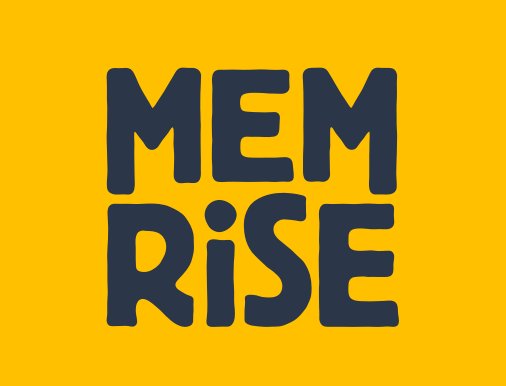Consider this sentence:
"Wah1-eh3 lui1 kau3 liau4."
Does it mean, "My money has arrived", or does it mean, "My money is enough"?
Without context to rely on, we shall never know. That's where the superiority of Chinese characters shine through. If the kau3 liau4 were written like this 够了 or like this 到了, we can tell the difference. But the romanisation robs us of that swift understanding.
I use disambiguation sparingly, because it always creates controversy. But I want to romanise without losing too much of the nature of Chinese characters to distinguish homophones for their meaning. As such, once again, I feel compelled to create another set of heterographs.
The kau3 for "enough" will henceforth be spelled kao3. Therefore "Wah1-eh3 lui1 kao3 liau4" means "My money is enough" while "Wah1-eh3 lui1 kau3 liau4" means "My money has arrived."
I will refine in the dictionary.
Penang Hokkien Grammar
Language Learning Tools
Use the following language learning tools to learn Penang Hokkien!Learn Penang Hokkien with uTalk
This app opens the door to over 150 languages.Return to Penang Hokkien Resources

Copyright © 2003-2025 Timothy Tye. All Rights Reserved.

 Go Back
Go Back
